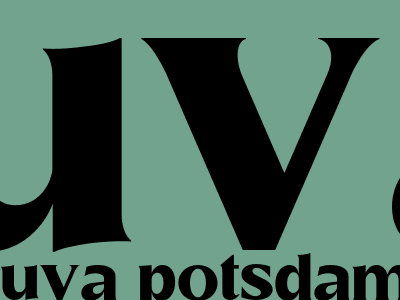
University of Potsdam takes action against AI plagiarism
Leading German university cracks down on use of ChatGPT and other AI tools
New guidelines issued to prevent misuse of AI in academic assignments
The University of Potsdam in Germany has taken a strong stance against the use of artificial intelligence (AI) tools such as ChatGPT in academic assignments. The university has issued new guidelines that prohibit students from using AI to complete assignments or exams without proper citation and referencing. This move comes in response to the growing concern about the potential for AI to undermine academic integrity.The University of Potsdam is not the first university to take action against AI plagiarism. In recent months, several other universities around the world have implemented similar policies. This reflects a growing awareness of the challenges posed by AI to traditional methods of assessment. AI tools can be used to generate text, solve problems, and even write essays, which makes it difficult for educators to determine whether students are completing their work independently.
The University of Potsdam's new guidelines make it clear that students are not allowed to use AI tools to complete assignments without proper citation and referencing. This means that students must disclose the use of AI tools in their assignments and provide a list of all sources used, including any AI-generated text. Failure to do so will be considered plagiarism.
In addition to the new guidelines, the University of Potsdam is also providing training for faculty and staff on how to identify and prevent AI plagiarism. The university is also working with other universities to develop new tools and techniques for detecting AI-generated text.
The University of Potsdam's crackdown on AI plagiarism is a sign of the growing concern about the potential for AI to undermine academic integrity. As AI tools become more sophisticated, it is becoming increasingly difficult to detect AI-generated text. This is a challenge that universities around the world will need to address in the years to come.